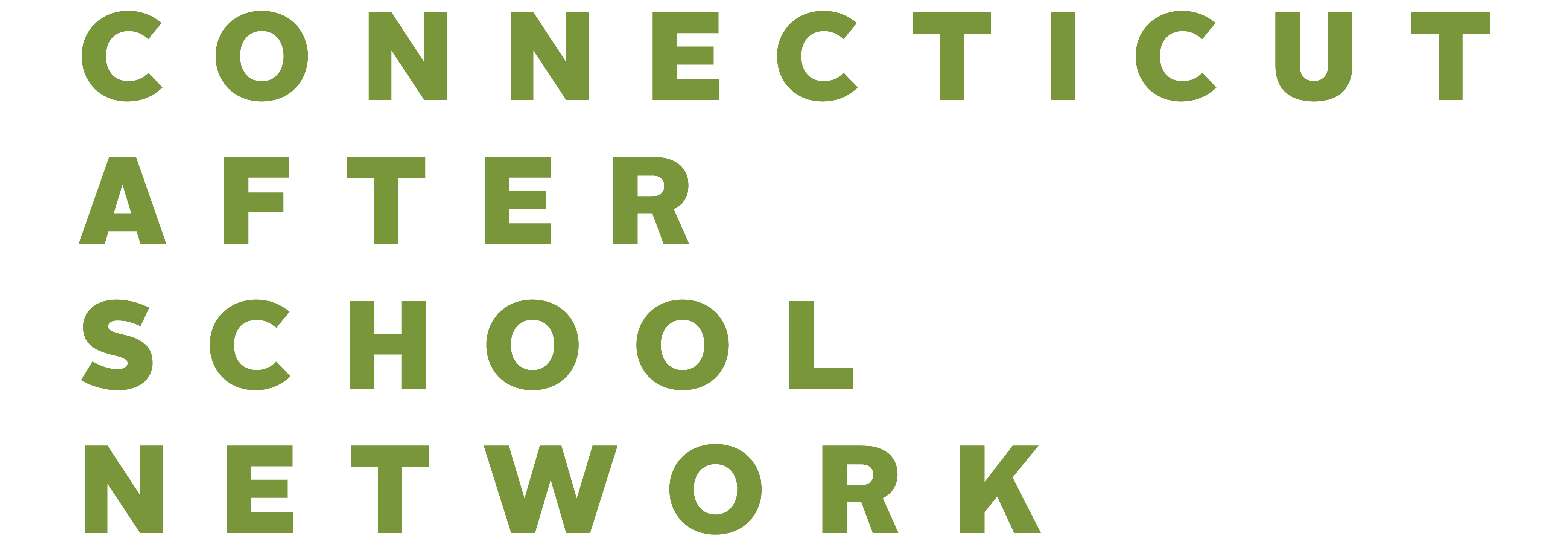Earlier this month, the National Afterschool Association held their Annual Convention just outside of Washington, DC. The focus of the convention was telling the story after school programs play in the lives of children and youth everyday. A group of students from Connecticut were selected to be on a workshop panel to share their thoughts, ideas, and demonstrate how the after school program they are involved in has helped shaped their experiences. The story below is from one of those students.
Ken Anthony, Director of Professional Development and Research, Connecticut After School Network
Coming off the train is a haze of lethargic limbs and night. There is a bustling station before us, and in the distance, a glistening monument that opens a flood gate of excitement. We are here with a purpose. Washington, I believe, is most likely just as beautiful to eyes seeing it the first time as they are to ones that set sights on it every day. I am proud for what my peers and I are here to do. Traveling from our home state of Connecticut to a convention that will give voices to our fellow youth, it’s a thing of pride.
After four years of being a very involved high school student and living in an inner city most my life, its bittersweet notion to think about what after school programs prevent. New Haven, a diverse epicenter of people, food and art, also can have its troubles. The gun violence in our city is not a secret, so I refuse to sugar coat the truth. Just the option of attending CAS (Co-Op After School), or any program after school may be all the difference for a teen’s very well being.
On a lighter note, CAS is also an outlet, a way to open up the arts to the students even after the bell rings. It all contributes to our human capital; we are learning and experiencing and trying new things in the most crucial and developmental stage of our lives. We’re not just playing around after school ends, some people are building their futures, and they’re becoming the artists that they want to be.
After school could be seen as way to control young adults, our impulsiveness and energy can often be seen as a negative aspect. But I plead administrators not to think of their kids as zoo animals, something they can watch from outside the glass and not get their hands dirty. The kids around you can do so much more if only given the chance to redirect that energy and impulsiveness with the right encouragement. The involvement of adults as mentors and people we can trust is imperative for a system like this to work.
It is in my opinion that, because my teachers have always cared and listened, I have grown into someone who can take on positions of leadership; such as my position as the slam team coach, and just being chosen to speak at the convention. What I and my fellow classmate spoke upon at D.C. was all from our experience as youths who owe so much of our social and academic success to CAS. I want others to be given the same outlets and opportunities that I was. I want them to be able to dance, sing, debate, write, whatever sparks their interests because those are the things that will make them come to school if nothing else. Those are the things that will make them passionate, that will make them succeed.
Tamera S., Co-Op High School, Class of ‘15

